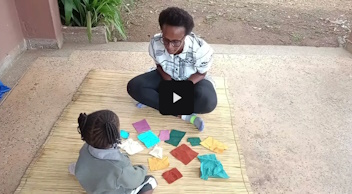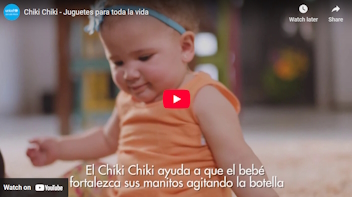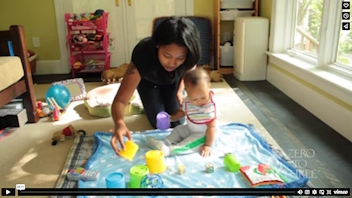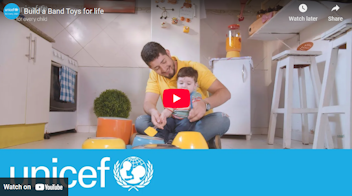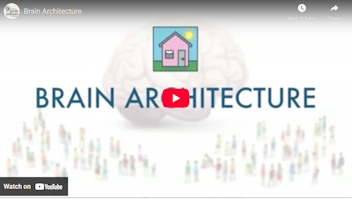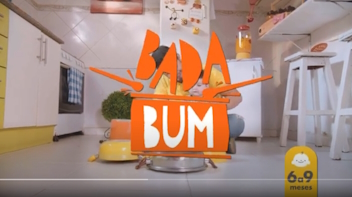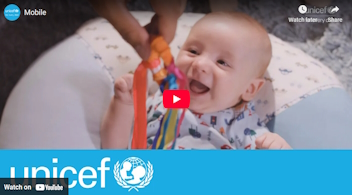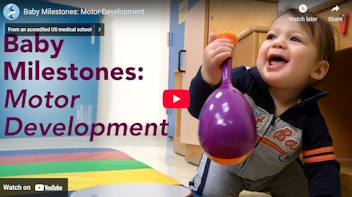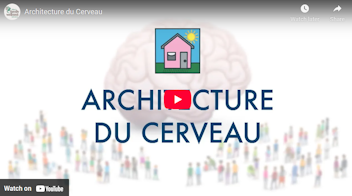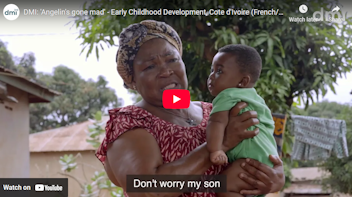Cloths with Colors
In this video a facilitator plays with a child under age 3. She lays out pieces of different colored cloths between herself and the child, and invites the child to pick one. The facilitator then proceeds to pick the same color. After a while the child picks out the same cloth color herself. Facilitator talks naturally with the child instead of teaching colors in didactic manner.Read More →




